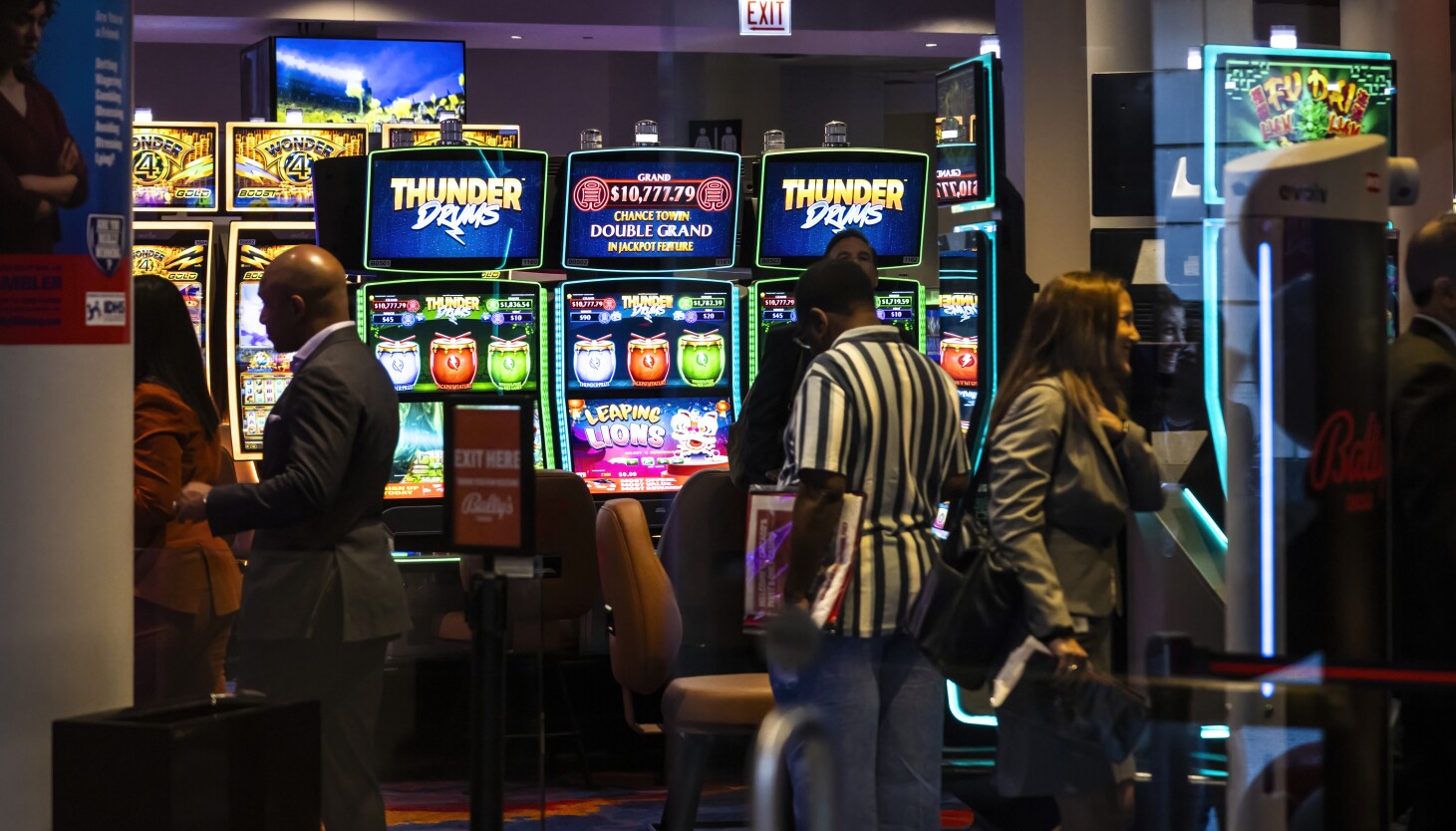
I am a lover of language — written, spoken, and sung. As a regular sermonizer, words are especially important to me. Understanding the best uses of language — including invoking vivid imagery, strong feelings and moving memories — is essential to my ordained calling of bringing people closer to God.
I am also a close follower of budding societal trends, including the proliferation of legalized gambling. Something I’ve noticed is that, as legalized gambling has expanded in the city and state, so has the language used to describe it. This is no coincidence. Language not only describes reality, the Rev. Desmond Tutu once said, but “language creates the reality it describes” (emphasis added).
We hear regularly from corporate casino marketing campaigns. I pray people of good faith, too, find a voice, in a distinctly moral language, to describe the true reality legalized gambling creates: less meaningful lives, a less livable city and, fundamentally, less hope. Through the use of moral language, a transcendent reality is created, one where better life choices are made.
The framing of language of legalized gambling is shrewdly transactional, conspicuously ordinary, and, above all, just plain fun. The Chicago casino has been described as a “once in a lifetime opportunity” that will create “well-paying union jobs” and will be a “great revenue source” (because it will attract gamblers living outside the city).
The use of “gaming,” “entertainment,” and “destination resort” as euphemisms has erased our very understanding of gambling. In the most audacious redefining of language, the Des Plaines casino, which opened in 2011, was built over a shallow pool of water to meet regulatory requirements at the time to qualify as a “riverboat casino” located on “a river.”
To some, this kind of language is merely clever marketing. To me, it’s flagrantly offensive, and I refuse to sanction it with silence.
‘Disrupts our brain, degrades our dignity’
While I have no illusions that we will reverse course on policy decisions to further institutionalize gambling, I hope people of good faith who work hard, play by the rules, and serve their communities find the undiluted moral language to call out legalized gambling for what it is. Legalized gambling manipulates and disrupts our brain function in a similar way to cigarettes, opioids and social media. It disconnects us from family, friends and colleagues and makes us alone in the crowd. Worse still, it degrades our human dignity and reduces us to our animal appetites. We become mice scurrying through a maze designed to promise, but ultimately deny, reward.
We hear so much that the nation is in a “vibecession,” the disconnect between the performance of the economy and how people feel about their lives. As I see it, a vibecession is cultural too: Bad vibes thrive when governments, on one hand, increasingly incentivize destructive behaviors for desperately needed revenue and, on the other hand, raise public awareness about a “gambling disorder” which 1.1 million state residents either have or are at risk for developing. A perplexing paradox like this is masked when the language used to describe it steadily changes to alter meaning.
Since I moved to Chicago six years ago, I’ve been blessed to meet and form relationships with the welcoming, gracious and humble people who live here. I’ve felt the spirit of philoxenia (“friend to the stranger”) here repeatedly, and I say that as a former New Yorker. For me, the city is best understood in its “building, breaking, [and] rebuilding” character, as Carl Sandburg observed, whether recovering from a great fire, a great flood, or a great plague. This is a noble inheritance worth preserving and one that, to me, clashes with the degrading, alienating, reductive effects of legalized gambling.
Sept. 9 is the one-year anniversary of the day when a land-based casino first opened its doors in Chicago. Inevitably, reports will focus on how much or how little gambling revenue was generated and whether or not the casino was a good financial deal for the city.
As a man of faith and a witness to the goodness of this city, I will have special prayers on that day. Among them, I pray that people of good faith never forget that their understanding of their dignity creates their own reality. In a world full of distractions, temptations and uncertainty, that’s the only reality that truly matters.
His Eminence Metropolitan Nathanael is the Hierarch of the Metropolis of Chicago and presides over the Greek Orthodox community of the Midwest.
The views and opinions expressed by contributors are their own and do not necessarily reflect those of the Chicago Sun-Times or any of its affiliates.
The Sun-Times welcomes letters to the editor and op-eds. See our guidelines.
Get Opinions content delivered to your inbox.